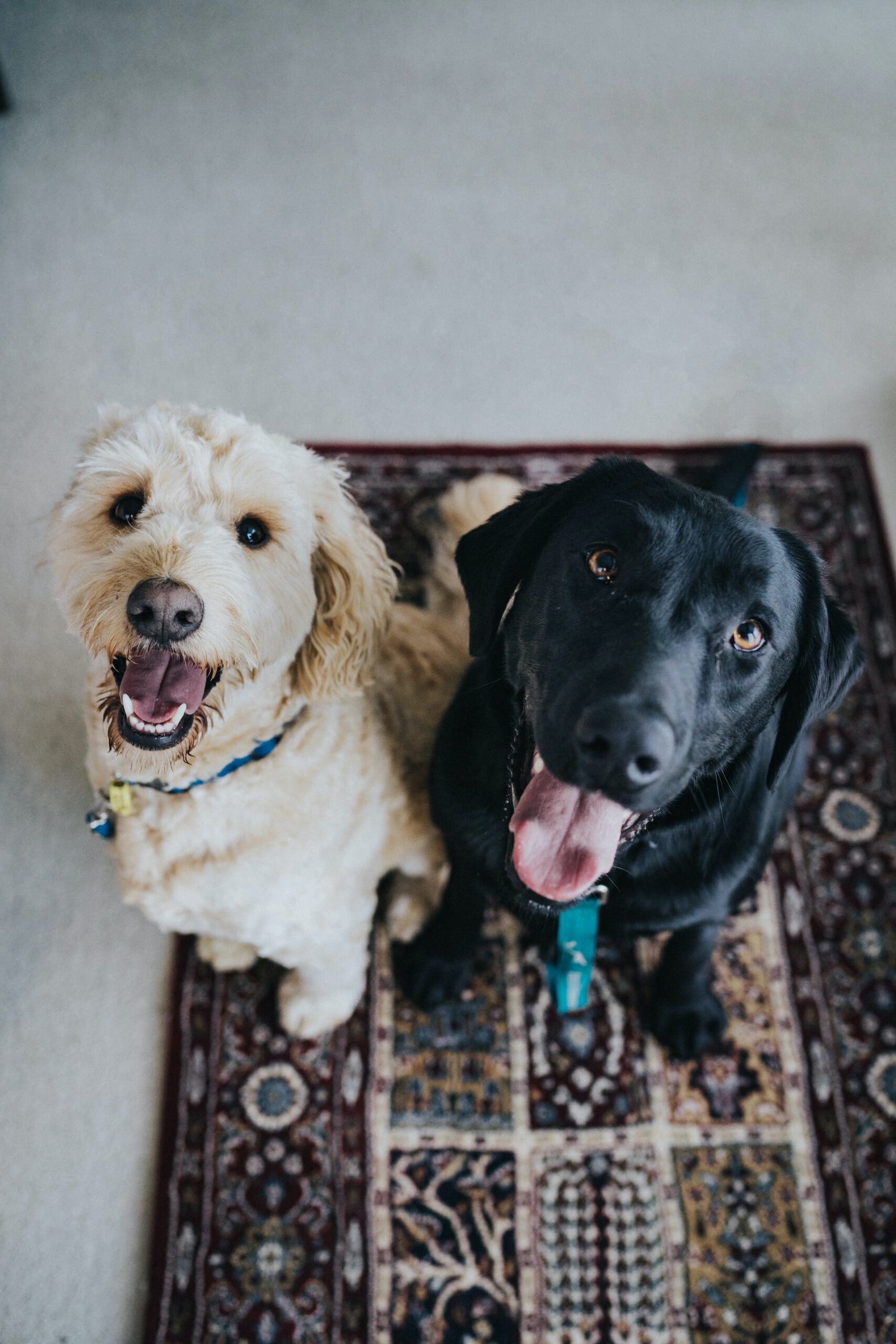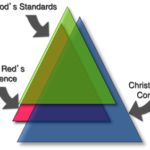
In a fascinating episode of Hidden Brain, “When Doing Right Feels Wrong,” Shankar Vendantam tells the story of Darwin, a Detroit police officer who found himself in a dilemma, conflicted between competing values that seemed to be at odds with each other. One evening after work, Darwin found himself sitting at a bar with a few fellow cops asking him to participate with them in a heist on a criminal suspect’s house. They were going to rob a robber and kill him if they needed to. These were the same cops that taught Darwin his job as a rookie, men he could count on to be his backup in times of need. They were like family.
It felt like a bad dream. His world was turned upside down and he had trouble sleeping that night. He was left with a choice. “Are you in or are you out?” Darwin felt as if he had to choose between the competing values of loyalty and honesty. He had a decision to make between being loyal to the team that he loved or snitching on their corruption. In the podcast he describes how snitching on his comrades felt like disloyalty. Doing the right thing felt like doing wrong.
When I went through divorce years ago, I felt a similar tension. It felt disloyal of me to file for divorce, even though it was the right and loving thing to do. It felt like I was being disloyal to my spouse, when in actuality, my spouse was already firm in her abandonment of her vows to me. Thankfully, 1 Corinthians 7:15 helped me with my false guilt and gave me a clear directive of God’s will.
Darwin’s experience and my own experience got me asking, are there times when our consciences may be improperly calibrated on the issue of loyalty? Should Darwin or I feel disloyal in these situations?
When Christians feel like they are being disloyal, Christians should ask, where do my chief loyalties lie? Christians aren’t called to be loyal primarily to a particular denomination or to a particular person or leader. That is why Paul says in 1 Corinthians 1:12-13 of divisions in the church: “What I mean is that each one of you says, “I follow Paul,” or “I follow Apollos,” or “I follow Cephas,” or “I follow Christ.” Is Christ divided? Was Paul crucified for you? Or were you baptized in the name of Paul?” (ESV)
The Apostle Paul reminds us of our chief loyalty. Our loyalty to God shapes and defines our relationship with and loyalties to others. Yes, we may be committed to a particular church, marriage partner, or employer, but above that, we are called to righteous living and to be followers of Christ. Jesus battled temptation by remembering his chief allegiance. He answered Satan, “You shall worship the Lord your God and him only shall you serve” (Matthew 4:10).
The problem of divided loyalties is just that, the problem is that our loyalties are divided. Who are you serving? Elijah had it right when he asked, “How long will you go limping between two different opinions? If the LORD is God, follow him; but if Baal, then follow him” (1 Kings 18:21).
Loyalty to a Holy God who never changes and is worthy of worship is right and safe. But loyalty to man can become a snare. Proverbs 29:25 says it this way, “The fear of man lays a snare, but whoever trusts in the Lord is safe.”
If I were to sit down with Shankar Vendantam, I would explain to him that a Christian ethic of loving God (the 1st and greatest commandment) and loving our neighbor (the 2nd greatest commandment) offers a safety grid to confront ethical dilemmas. (See Matthew 22:37-40: Love the Lord your God with all your heart and with all your soul and with all your mind and love your neighbor as yourself.)
Christian love and loyalty is defined by our love and worship of our Savior. We love others best when our loyalty to God is primary. Officer Darwin’s predicament need not cause him so much internal conflict in his heart and mind. “Love does not rejoice at wrongdoing, but rejoices with the truth” (1 Corinthians 13:6). It was loving of Darwin to bring the bad-apple police officers to justice and expose them, even if it meant they faced the consequence of going to prison.
Here is where our feelings can mislead us. Sometimes our love for others will be perceived as hatred. Perhaps this perception is by others (others accuse us of hatred) or even in our own minds (I may experience my own loving actions as being hateful). Perhaps this is why our love for family in Matthew 10:37 is called hate (hyperbolically) in Luke 14:26. Our love for God should have no comparison and can cause our love for others to feel like hate.
Another way of putting the loyalty question is this, “Whose approval do you primarily seek?” Who are you serving? Paul in the book of Galatians asks, “For am I now seeking the approval of man, or of God? Or am I trying to please man? If I were still trying to please man, I would not be a servant of Christ” (Galatians 1:10).
If we seek the approval of men, we will tend to be nice to others; if we seek the approval of God, we will tend to be kind to others. Niceness and politeness may be winsome at times, but Christians are called to a higher standard. Christians are not called to be nice. We are called to be kind to one another (Ephesians 4:32). Love is kind, not nice (1 Corinthians 13:4). Being kind to others looks very different than being nice to others.
Being nice means being polite and smiley. It means aiming to be liked by others. It means pretending that everything is alright. Being nice maintains a façade of peace, even if it means winking at sin. It tends toward peace-faking and enablement.
Being kind on the other hand means looking out for someone’s true interests. Kindness is why I tell my two-year old that he may not eat any more gummies since he has already had enough candy for today. Kindness may involve saying no. A church may fence the Lord’s table as a kindness and say, “No, you can’t take communion because you are living in sin and inviting judgment on yourself.” It takes courage to be kind. Church leaders may need to confront an abusive husband and call the police. For Darwin, kindness meant calling the cops on the cops! (See Matthew 10:34.) Kindness doesn’t enable sin. Calling the cops on a lawbreaker is not nice, but it is kind. It is kind to both the lawbreaker and his potential victims.
If our churches are to be safe places, we must confront sin and be kind. If we confront sin, we may be called disloyal haters by others in our tribe. But that is ok. We love others by calling sin, sin. We love others by raising a stink, standing for righteousness and not being silent. Faithfulness to God may be a lonely road. Still, faithfulness to God is our safest bet with promised reward.
May the love of Christ control us and compel us and may our loyalty to King Jesus trump our other loves.
Prayer: Lord Jesus, may we be loyal to you and may that loyalty define our other relationships. May we be fearless in our love towards our neighbor. You are our risen Lord and Savior and have set us free!
Reflection questions:
- Do you love truth and righteousness more than your tribe and institutions?
- Whose approval do you seek primarily in your life? The approval of others or the approval of God? Do you fear God more than you fear man?
- What is the difference between being nice and being kind? Which is better?
- Have you counted the costs of following Christ and standing for righteousness in this world?






